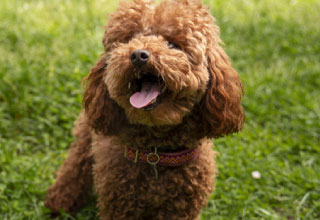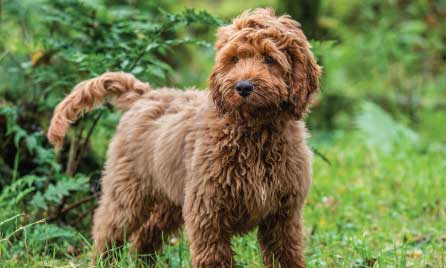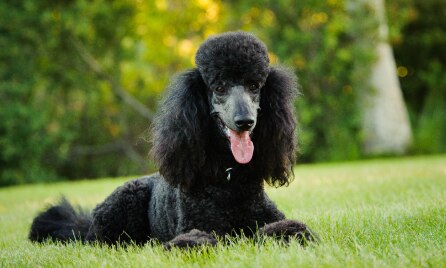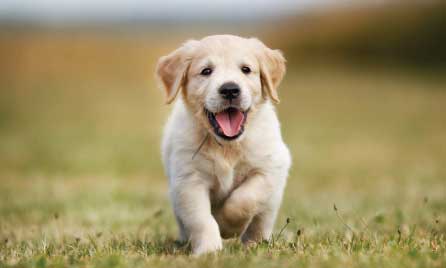- text
-
# Policy Terms and Conditions, exclusions and limits apply. Benefit limit amounts vary by level of cover.
Information about Groodles.
What do you get when you cross a Golden Retriever and a Poodle? A Groodle!
Originally bred to help visually impaired people with dog allergies, this breed is now very popular amongst individuals and families due to their usually affectionate and easy to train nature. It is also a preferred choice to be trained as a service dog and companion for individuals with disabilities and medical alert dogs for diabetics and epileptics.
Want to learn more about this breed? Read our guide below to see if Groodles are the pet for you.









